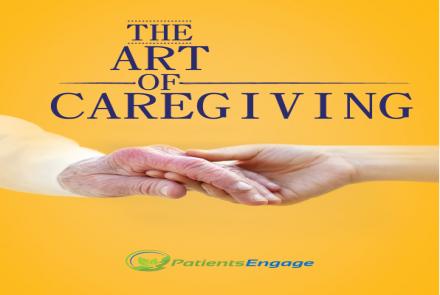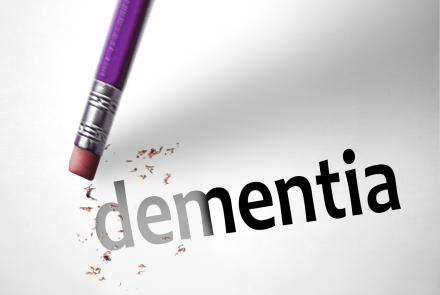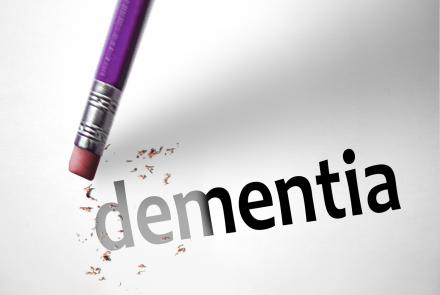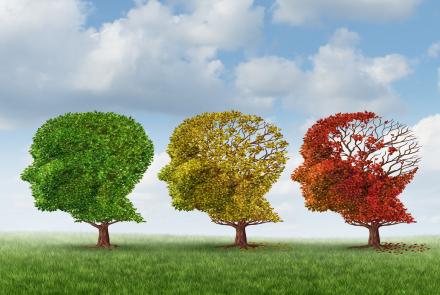Can breast cancer be prevented?
The chance of developing breast cancer depends on genes, environment and lifestyle. Factors that increase one's chances are called risk factors, while those that decrease one's chances are termed protective factors. Here are some dos to improve your protective factors and don’ts to avoid risk factors:
Risk factors
Being overweight or obese
Smoking
Excessive alcohol intake
Aging
Peronal history of benign or malignant breat cancer
Family history of breast cancer…
Latest Stories
- What tests do you need to have done Early diagnosis of breast cancer significantly improves survival rates. Ninety per cent of women survive if the cancer is diagnosed early. Self-examination Women should examine their breasts once a month. If you are familiar with the feel of your breast, you can notify the doctor promptly about any changes in appearance or feel. According to the Johns Hopkins Medical Center, 40 per cent of diagnosed breast cancers are detected by women who feel a lump. The…
- The usual symptoms are: Any change in the shape and size of the breast Swelling or lump in any part of the breast Breast pain other than the usual tenderness before periods Any unusual discharge or blood stained discharge from the nipple Redness or scaling of the nipple or breast skin Inverted nipple (turned in) Pitting of the skin over breast like the skin of an orange A lump or swelling in the armpit
- Are you at risk of developing breast cancer? You may be if you Are female (risk is much more for women than men) Are a woman over 40 (risk increases with age) Have a history of a benign breast conditions such as atypical ductal hyperplasia and fibrocystic breast changes Have a history of breast cancer in one breast which increases your risk of getting cancer in the other breast Have family members (esp mother, aunt, daughter and maternal grandmother) who have had breast cancer…
- As a family caregiver of a loved one who is ill, you are juggling multiple jobs. You are nurse, counsellor, dietitian, secretary, friend and emotional anchor – all rolled into one. However sincere you are about your responsibilities, the stress can mount up quickly and cascade onto the lives of others in the household. How do you keep your patient well and happy and keep yourself and your family calm and happy, too? The Caregiver’s Guidebook brings you ideas to help…
- Managing the condition Dementia generally gets worse with age but the development of symptoms can often be slowed with drugs or other treatments. Treatment of dementia usually aims to improve memory and concentration, reduce psychiatric problems, and improve the quality of life for both the patient and their family. Read here for various treatment options: http://www.patientsengage.com/conditions/dementia/treatments Improving quality of life: There are several psychological techniques to…
- Dementia generally gets worse with age but the development of symptoms can often be slowed with drugs or other treatments. Treatment of dementia usually aims to improve memory and concentration, reduce psychiatric problems, and improve the quality of life for both the patient and their family. Improving memory and concentration: The memory difficulties seen in Alzheimer's disease can be relieved for a short time in some people with drugs that prevent the breakdown of acetylcholine in the brain…
- Managing the following may help: Cardiovascular risk factors: Your brain is nourished by one of your body's richest networks of blood vessels. Anything that damages blood vessels anywhere in your body can damage blood vessels in your brain, depriving brain cells of vital food and oxygen. Blood vessel changes in the brain are linked to vascular dementia. These are often present along with changes caused by other types of dementia, including Alzheimer's disease and dementia with Lewy bodies…
- Different types of Dementia • Alzheimer’s disease: This is the most common type of dementia and is marked by protein deposits in the brain and nerve cell damage. • Vascular (or blood vessel) dementia: This is a type of dementia that is caused by disease or injury to blood vessels in the brain. • Lewy body dementia (DLB): This is a dementia that has the primary symptoms of visual hallucinations. • Frontotemporal dementia (FTD): This is a dementia that is characterised by drastic…












